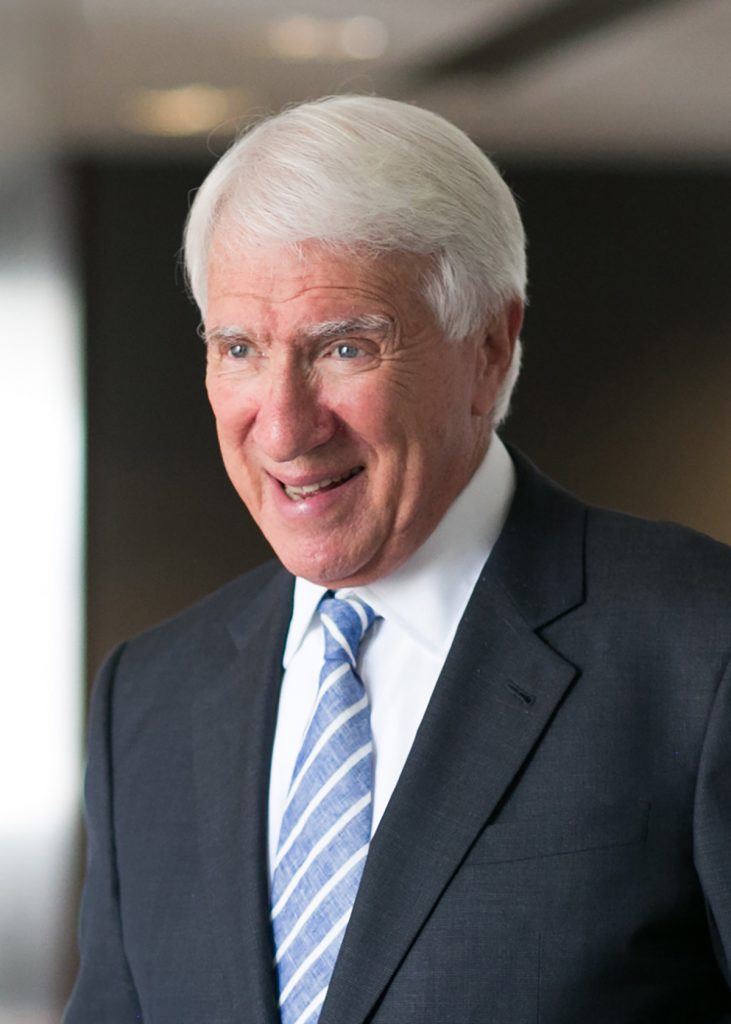By Leo MacLeod This scenario might sound familiar: After receiving a delegated task, the person emails back half-done work, saying, “Did as much as I could; kicking it back to you.” You take the bait and help out and...
By Leo MacLeod
This scenario might sound familiar: After receiving a delegated task, the person emails back half-done work, saying, “Did as much as I could; kicking it back to you.” You take the bait and help out and kick it back to the person. They hit another wall, and you help again. This continues until you wonder why you don’t finish the project yourself.
In the classic Harvard Business Review article “Management Time: Who’s Got the Monkey?,” authors William Oncken, Jr. and Donald L. Wass make it clear: to be effective at delegating, you need to understand the hidden costs of work that’s delegated. Avoid bailing people out. Keep them accountable to owning and finishing the job. If you don’t want the monkey back on your back, be clear why it’s important the monkey stays with them.
When I worked with her, Beth was a project manager at a small civil engineering firm. She was thirty-five, had a partner, did not have children, and liked to hike and drink local beer with friends. Her mountain was to become a principal in the firm, but that was probably seven years off. In three years, she wanted to be an associate. Beth was driven and extremely competent and loved by clients. There was nothing keeping her from getting to her mountain but herself. She fit that super-doer profile of an emerging leader doing it all herself and not asking for help. But her death grip on every detail of project management was not leaving room in her schedule for meeting with clients and prospects to develop future work. Delegation was very hard for her because she couldn’t trust others would get work done to the level that people expected from her. She was stuck in her old ways, and it was keeping her from reaching her future.
Beth’s goals and the company goals were the same: focus on business development to be a firm owner. But she needed to enlist the help of her support team—the direct reports she managed—to spread the load. This was tough for several reasons: First, she felt like she was burdening her team, who were already busy. It felt selfish for her to push work on to other people so that she could accomplish her goals. Second, Beth, who is reserved by nature, wasn’t comfortable sitting down with her team and saying, “I want to share my personal goals and ask for your help to get there.” She needed to inform her staff why they needed to do more in a way that felt natural to her style.
The next time a junior member of her team gave her a set of drawings for a new bridge, she started to take out her red pen to make corrections but then caught herself and thought: This specific task is not taking me closer to my mountain. I really shouldn’t be doing this; they should. When she gave it back to the person to correct, she explained, “I need to spend more time on business development, so it would help if you could review these drawings more carefully.”
In one sentence, Beth took several steps in the right direction: she shared the importance of getting more work for her future and the firm’s; she stopped herself from doing work that wasn’t going to get her to there; she modeled for the junior staff person how to manage time and delegate to others; and she made the staff person more accountable and responsible for their own results, an important step in them becoming a leader. She helped her staff move to their mountain, even if they didn’t know it!
How did it work? Surprisingly well. There was no pushback or rolling of the eyes. The staff person took it back and did it almost right. Beth still found two errors, but it took her less time to review it, and that small step in being clear when delegating pushed her a little closer to her mountain. Over time, what came back to her was better and better. She found more time for business development and was recently named associate principal.
If we look at Beth’s example, we see that she took the time to explain why it was important for them to do the best job possible. In short, she was saying, “If you don’t put your best effort into it, it hurts everybody.” If you bring people into the delegation process with a “this is why it’s important” discussion, prior to walking through a specific task to delegate, they will start to frame their task within a bigger picture to understand why they should fully own the task and do the best job possible. They’ll see that their small part, such as drawing doors for a massive complex, is not insignificant. The doors are part of the overall design, which leads to the overall experience for the occupants every minute they’re in the building. While they’re taking care of doors, you can focus on checking with the client regularly to see if they have concerns and spend time developing the relationship for future projects. Division of labor: You have your job. They have their job. It’s a team effort.
Daniel Pink, for his book Drive, studied what motivates people, particularly creative types. His research found that people are motivated less by money and more by three distinct drivers: the autonomy to be left to do the work on their own; the mastery to develop their skills and competence; and the sense of purpose that the work has meaning.
When delegating a task, take the time to cover all three motivational drivers: “I need to give you a task for you to do completely and deliver on time without micromanaging you to get it done (autonomy). If you work on it on your own, you’ll learn more and you’ll be able to teach others (mastery). If it’s not done right, the whole project can be affected (purpose). Can we spend some time going over it now, so you can ask questions, and then set a check-in time for questions?” Connect the dots to help them see what’s in it for them. Remembering others’ motivation is such an important part of achieving your mountain that I mention this a few times in this book. Creatives and many younger people have strong ideas of their own and want to make their mark. Acknowledge they want to be authors of their own work. Underscore that every time they prove themselves to be independent problem-solvers with the simplest of tasks, they are building confidence in you to give them a larger role. Why should you give them more responsibility to lead others if they can’t master all the parts? The work they do in mastering tasks you delegate to them is an investment in receiving more challenging, interesting tasks. On one level, people often want to be the ones with answers. They just don’t always appreciate the work involved in acquiring the competence and knowledge to become the people who have the answers. How often have you heard this particularly from young staff ?
I want the opportunity to learn more about projects. Can we have more lunch and learns? I love when we post our work and talk about it. I would really appreciate having more mentoring. Is there an opportunity for me to attend a conference on sustainability?There seems to be an unquenchable thirst for knowledge and sharing of knowledge. You can provide all the mentoring and training in the world, and it probably wouldn’t be enough. If people want to be more knowledgeable, frame each delegated task as an opportunity to master their skills. Say something like “If you want to help others and be a resource for interns, you need to learn how to master this task.” That also gives them a sense of purpose and autonomy.
What Beth Learned:
Explaining why may be easier than you imagine it will be. A short explanation is easy to develop. Without immediate feedback, staff will not grow. Find more time for your mountain by repeating this practice.This post has been excerpted from Leo’s book From The Ground Up: Stories and Lessons from Architects and Engineers Who Learned to Be Leaders. Available at Amazon, Barnes and Noble, and your local bookstore.
Leo MacLeod, founder of Training. Coaching. Pie., helps Architecture/Engineering/Construction (AEC) firms with coaching, training, and leadership transition. He regularly presents for the American Council of Engineering Companies and helped develop the Oregon chapter’s popular leadership program. Leo speaks nationally on leadership development, emotional intelligence, and why baking pie is a great way to develop soft skills.

With a BA in English with honors from Portland State University, he’s had a successful career as a freelance writer, fundraiser, and advertising executive and consultant. For many years, Leo has written columns for Zweig Letter, Daily Journal of Commerce, and the Business Journal.
He lives in Portland, Oregon, with his wife, Lisa, and spends his free time making pies and writing songs on his ukulele.
Download Leo’s recipe for a great apple pie here: https://leomacleod.com/pie-recipe/. Learn how to work with Leo at leomacleod.com/work-with-me/.
The post Tough Love: Grow Your Team by Not Bailing Them Out appeared first on EntreArchitect // Small Firm Entrepreneur Architects.


















